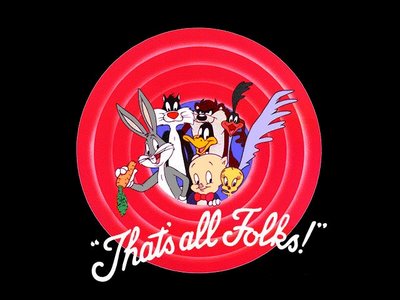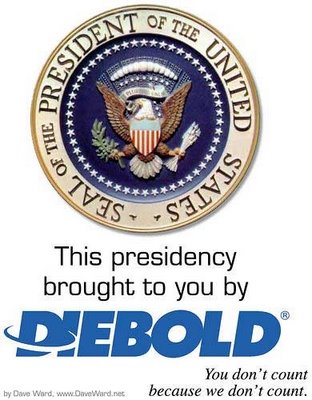 HIGH DRAMA IN OUR NATION'S CAPITAL
HIGH DRAMA IN OUR NATION'S CAPITAL WASHINGTON - Spellers took to the stage minutes before the television broadcast, huddling and chanting "1-2-3, Spell" before taking their seats. Their parents sat on stage, too, across the aisle.
The broadcast had the flavor and style of a sports program, opening with a montage of the competitors and including a short profile of the first speller before he got his word. Profiles of other spellers followed during subsequent commercial breaks, and each pause in the competition brought a groan from the audience. Each word or grimace by spellers triggered a blast of camera shutters, and the live TV camera followed the losers into the arms of comforting parents.
Even gamblers got into the act, putting money down on questions including whether the final word would have an "e" in it and whether the winner would wear glasses. Simon Noble, CEO of PinnacleSports.com, said his offshore Internet sports betting company had received about $70,000 in wagers on seven propositions about the bee as of noon Thursday.
I watched the television show for a grand total of about 3 minutes. The opening montage featured one young competitor with what the commentator described as his "game face on". It was at that point that I recognized that if I didn't turn off the television, I would have to explain my actions to God at a later date. The people who are gambling on spelling will have many more issues to account for.
As it turned out, the show would have been turned off for me, ironically, by God, as a huge thunderstorm blew through the area, knocking out the power at what would have been a half hour before the thrilling competition ended - if I was still watching at the time. So, my early exit spared me the frustration of missing the ending.
We have now elevated spelling to the level of Little League by having youngsters subject themselves to self-inflicted pressure on national television, as they do for the grueling weeks of the Little League World Series.
As I watched the opening minutes, I wondered if we have not, as a society, completely numbed ourselves to the presence of media. Young teenagers are now regularly being exposed to National media, and seeming to be none the worse for it. Is it possible that such exposure is welcome and even expected?
Presumably, millions of Americans tuned in to watch kids spell words we don't even use, or know, for that matter. It was supposed to be captivating TV, but I don't get it. I cannot use ursprache in a sentence, or give you another word for icteritious. If someone used the words maieutic, poiesis or tmesis in front of me, I would ask which language they were speaking.
But, there it is on the TV, so we watch.
 The last cofferdam protecting the just-completed main wall of Three Gorges Dam on the Yangtze River is blown up as the 12-second series of blasts sent the 30-meter (30-yard) top section of the cofferdam tumbling into the river in Yichang, central China's Hubei Province, Tuesday, June 6, 2006 the official Xinhua News Agency reported. The 1.4-mile-long Three Gorges Dam now holds back the full force of the river and assumes its role in controlling the deadly floods that have regularly ravaged China's farming heartland. (AP Photo/Xinhua,Liu Chan).
The last cofferdam protecting the just-completed main wall of Three Gorges Dam on the Yangtze River is blown up as the 12-second series of blasts sent the 30-meter (30-yard) top section of the cofferdam tumbling into the river in Yichang, central China's Hubei Province, Tuesday, June 6, 2006 the official Xinhua News Agency reported. The 1.4-mile-long Three Gorges Dam now holds back the full force of the river and assumes its role in controlling the deadly floods that have regularly ravaged China's farming heartland. (AP Photo/Xinhua,Liu Chan).


